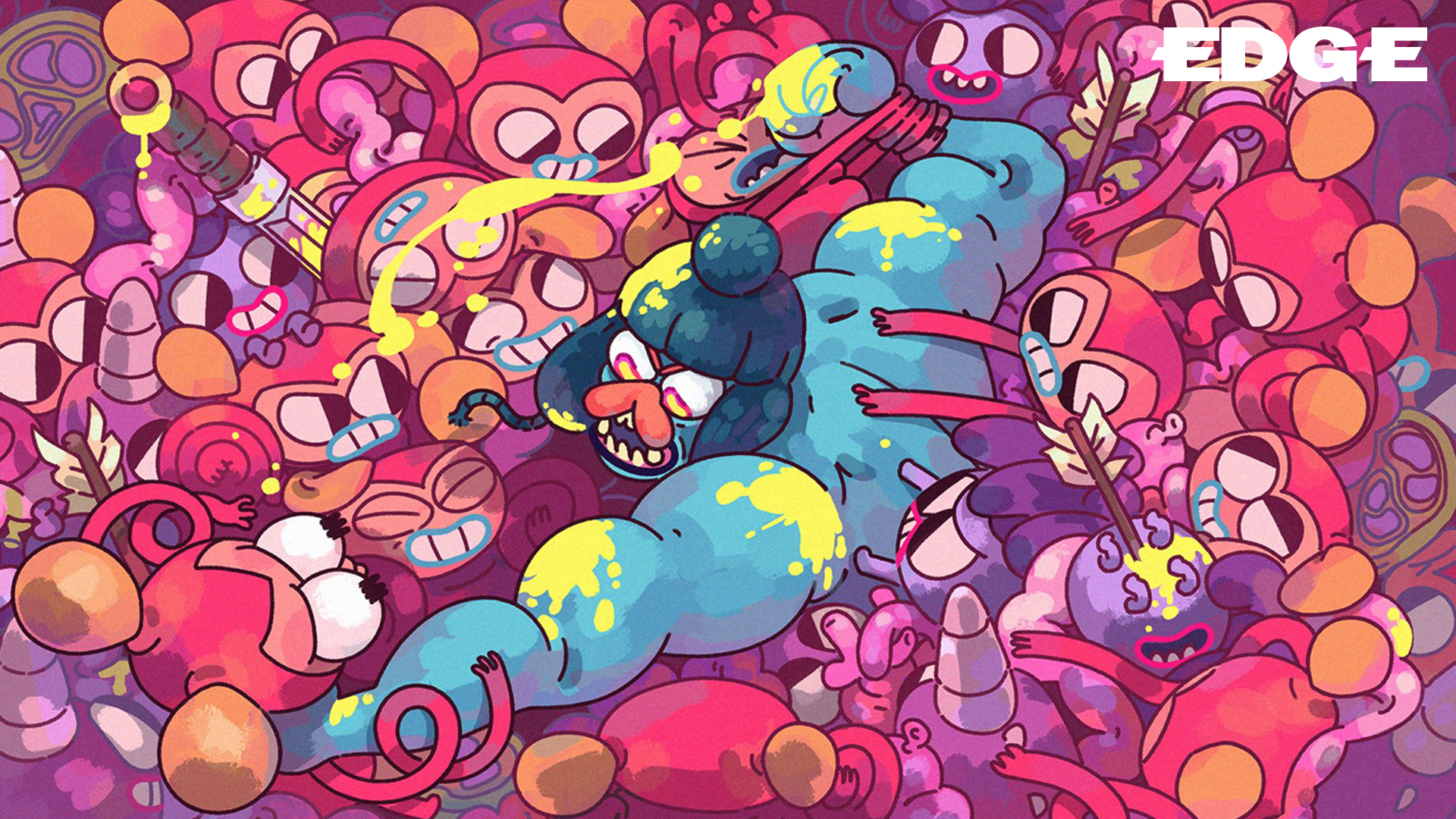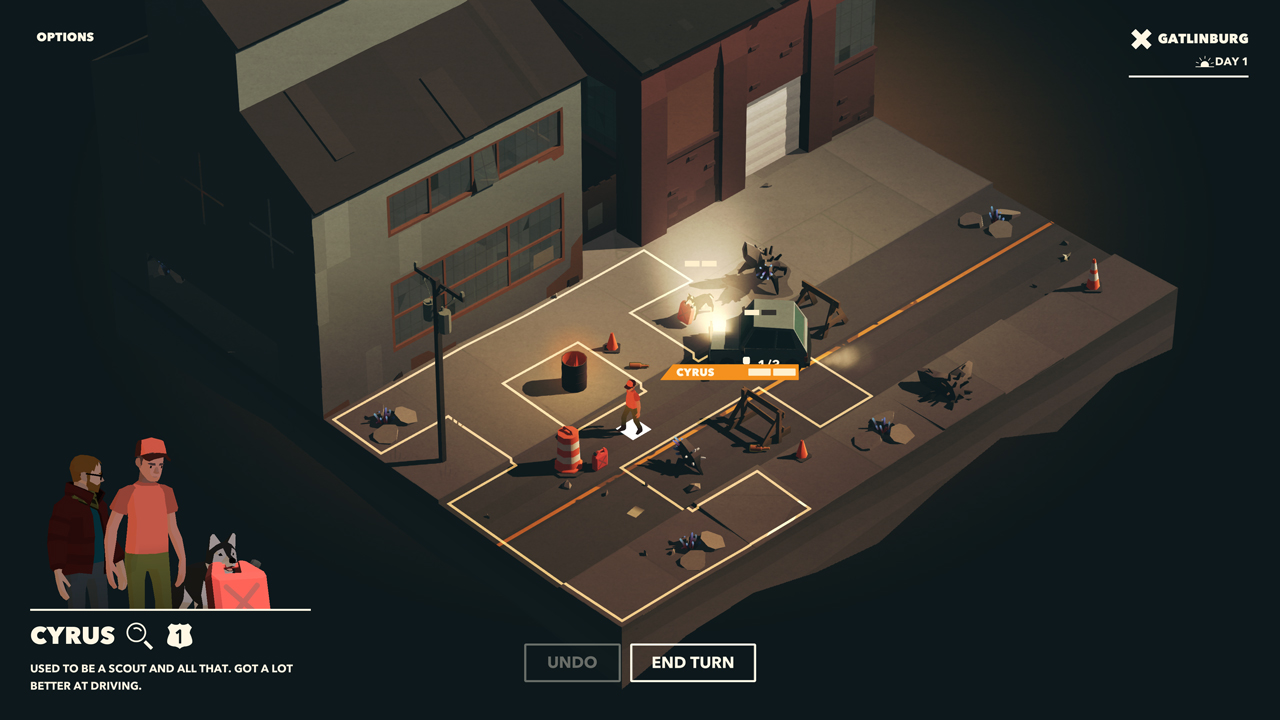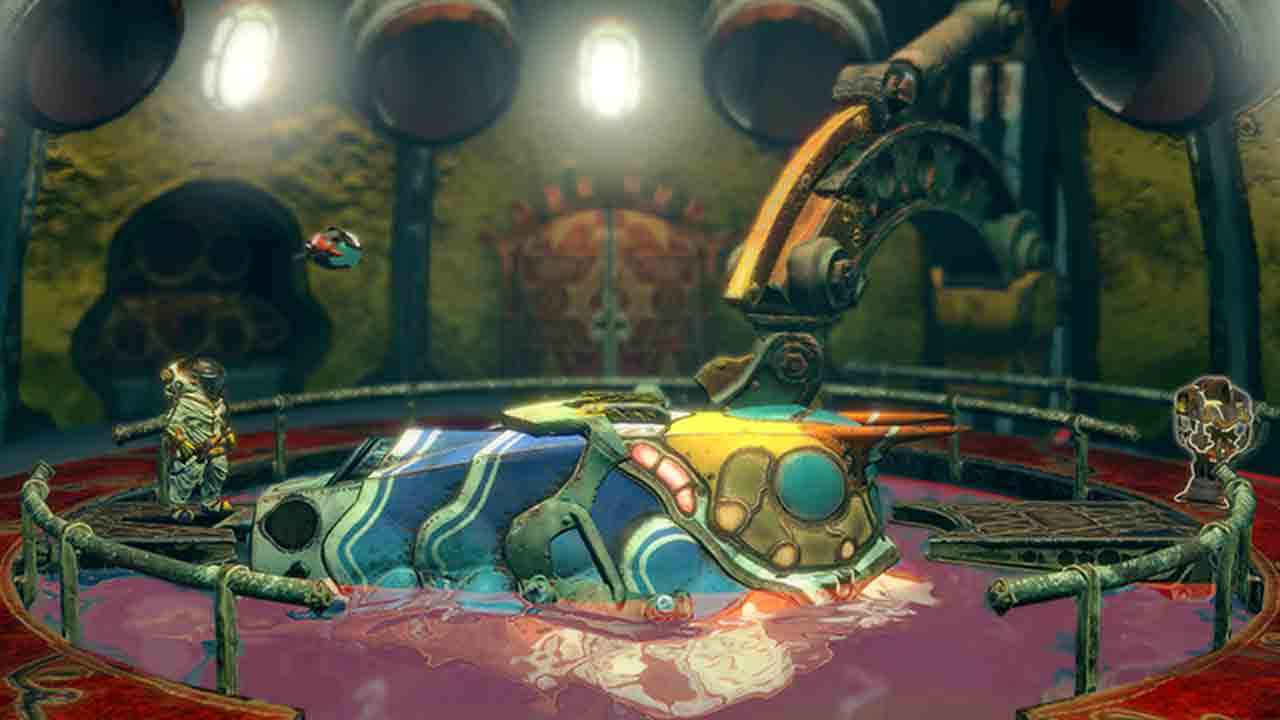Apple Arcade ushers in a new, more positive era for mobile games
Apple has really delivered with Arcade, one of the best subscription services in the gaming space

We are half an hour into Grindstone, the sublime puzzler/brawler from Below developer Capy Games, when the penny drops and we realise just how special, how immediately vital, Apple Arcade is for mobile games. We've recently acquired our first Blueprint, from which we can craft a single-use item. We brace ourselves for impact: surely this is where this so-far-delightful little game is going to make its first move for our wallets. There'll be a crafting timer, we suspect, that we can reduce to zero for a low, low price. But no: it's available immediately. During the next level, we use our new-found ability, a shield that lets us block all enemy attacks for a single turn. We assume we'll be prompted to recharge it for a little coin, games that don't bombard you with interstitial ads or seek to manipulate you into microtransactions.
And as much as that benefits the end user, it's liberating for developers as well. Apple Arcade offers creatives an escape route from the myriad potential pitfalls of mobile-game development. No longer must game- makers fret about what they 'should' include in their game in order to find success, layering in monetisation hooks and retention mechanics in accordance with the unwritten App Store style guide. They need not niggle at users to leave positive reviews, or fret endlessly about the quality of their app's icon, because Arcade solves the discovery problem by lifting its line-up out of the App Store but no. It's gone for the rest of the level, and back again for the next. It is a game mechanic, not a monetisation one.

This feature first appeared in Edge Magazine. If you want more like it every month, delivered straight to your doorstop or your inbox, why not subscribe to Edge here.
Yes, it says much about the money-grubbing wasteland mobile gaming has become on Apple's watch that we fire up some hot new release, from one of Edge's favourite developers, expecting to be hurt. But that should not detract from what Apple Arcade represents. Indeed, it may even enhance it. We find ourselves more positive and upbeat about the future of mobile games than we have been since the early days of the App Store.
With Arcade, Apple has created a sort of safe space for players and developers alike. It is no accident that its landing page proclaims the absence of in-app purchases or in-game advertising. Family friendliness is a core part of the value proposition, too: one subscription can be shared across up to six devices, games are restricted to a maximum PG-13 rating, and compatibility with Screen Time ensures that iOS devices' most powerful unadvertised feature – proxy babysitter – has never been safer.
Carefully curated

What a breath of fresh air it is to find a carefully hand-picked selection of games that don't bombard you with interstitial ads or seek to manipulate you into microtransactions. And as much as that benefits the end user, it's liberating for developers as well. Apple Arcade offers creatives an escape route from the myriad potential pitfalls of mobile-game development. No longer must game-makers fret about what they 'should' include in their game in order to find success, layering in monetisation hooks and retention mechanics in accordance with the unwritten App Store style guide. They need not niggle at users to leave positive reviews, or fret endlessly about the quality of their app's icon, because Arcade solves the discovery problem by lifting its line-up out of the App Store wasteland, where so many worthy new games have sunk without trace, and gives it its own menu entry.
Best of all, after years of disinterest in, even a distaste for, games – a period in which it was nevertheless perfectly content to swell its coffers with a 30 per cent cut of every sale – Apple has finally got its wallet out and given financial backing to developers. On the convention circuit this year developers have made it clear to us that this has been a wonderful year for those looking for financial support. Console platform holders have been assembling their next-gen line-ups, Google has been doing likewise for Stadia, and Epic has been spending its Fortnite billions on building a rival to Steam.
But Apple was also tremendously, if quietly, involved. When it announced Arcade in March, Apple somewhat rashly pledged a launch line-up of over 100 games. In the hurry to meet that goal, it has splashed the cash, and has proven to be rather more open to left-of-centre, and less traditionally bankable, ideas than we expected. It is much easier for developers to take risks when they have upfront finances from one of the biggest firms on the planet, and so it has proved. Hence the inclusion of Card Of Darkness, a card-based dungeon crawler from the ever-brilliant Zach Gage in partnership with Adventure Time creator Pendleton Ward; Punch Planet, a cyberpunk fighting game that owes a clear, and wonderful, mechanical debt to Street Fighter IV; Shinsekai, an underwater Metroidvania from Capcom Japan; and many more.
Sign up to the GamesRadar+ Newsletter
Weekly digests, tales from the communities you love, and more

"It's a rollicking start, though there are certainly plenty of questions, caveats and concerns around Apple Arcade's future"
Yet the launch slate is not just about risk-taking. Taken as a whole, the Apple Arcade offering is remarkable in its depth, breadth and quality, and might just be the best launch line-up we've ever seen. There are games for players of all stripes: from word games to sprawling RPGs, physics-y meme games to intricate 2D platformers, meditative puzzle games to high-octane racers. Cross-platform support within the Apple device family knits the company's gaming ecosystem together more coherently than ever. Some games are best experienced on a phone in portrait orientation, others suit an iPad, and many will have you yearning for a big screen, perhaps pricing up an Apple TV. A new feature enabling the use of a DualShock 4 or Xbox One controller over Bluetooth is the icing on the cake, particularly for anyone with an aversion to virtual controls (which is to say, everyone).
It's a rollicking start, though there are certainly plenty of questions, caveats and concerns around Apple Arcade's future. Perhaps the biggest is that it risks making the wider App Store even more of a crapshoot for developers and players than it already is. The battle for attention, and retention, may intensify, the dirty tricks growing ever grubbier in response. Among those that do make the cut, the PG-13 limit may prove restrictive over time, though in fairness it's not like those who hanker after R-rated gore aren't amply catered to on other platforms. Arcade may also have an adverse effect on worthy games that preceded its launch: how many people are going to pay up for a Monument Valley, Gorogoa or Dandy Dungeon when they can get access to 100 games a month for the same amount of cash? Perhaps Apple will backfill Arcade with older releases. Yet as the service grows, so will its own problems with discovery.
Still, all those are concerns for another day. For now there is too much to celebrate – and far too many games to play. GamesRadar has highlighted just a few of the best Apple Arcade games after the jump, but there are many more to be discovered, and more still yet to come. It's a strange feeling, being this upbeat about mobile gaming late in 2019. Long may it continue.
This feature first appeared in EDGE. For more excellent articles like the one you've just read, why not subscribe to the print or digital edition of EDGE Magazine at MyFavouriteMagazines. And if you want more mobile action check out Games like Clash of Clans.
Edge magazine was launched in 1993 with a mission to dig deep into the inner workings of the international videogame industry, quickly building a reputation for next-level analysis, features, interviews and reviews that holds fast nearly 30 years on.



